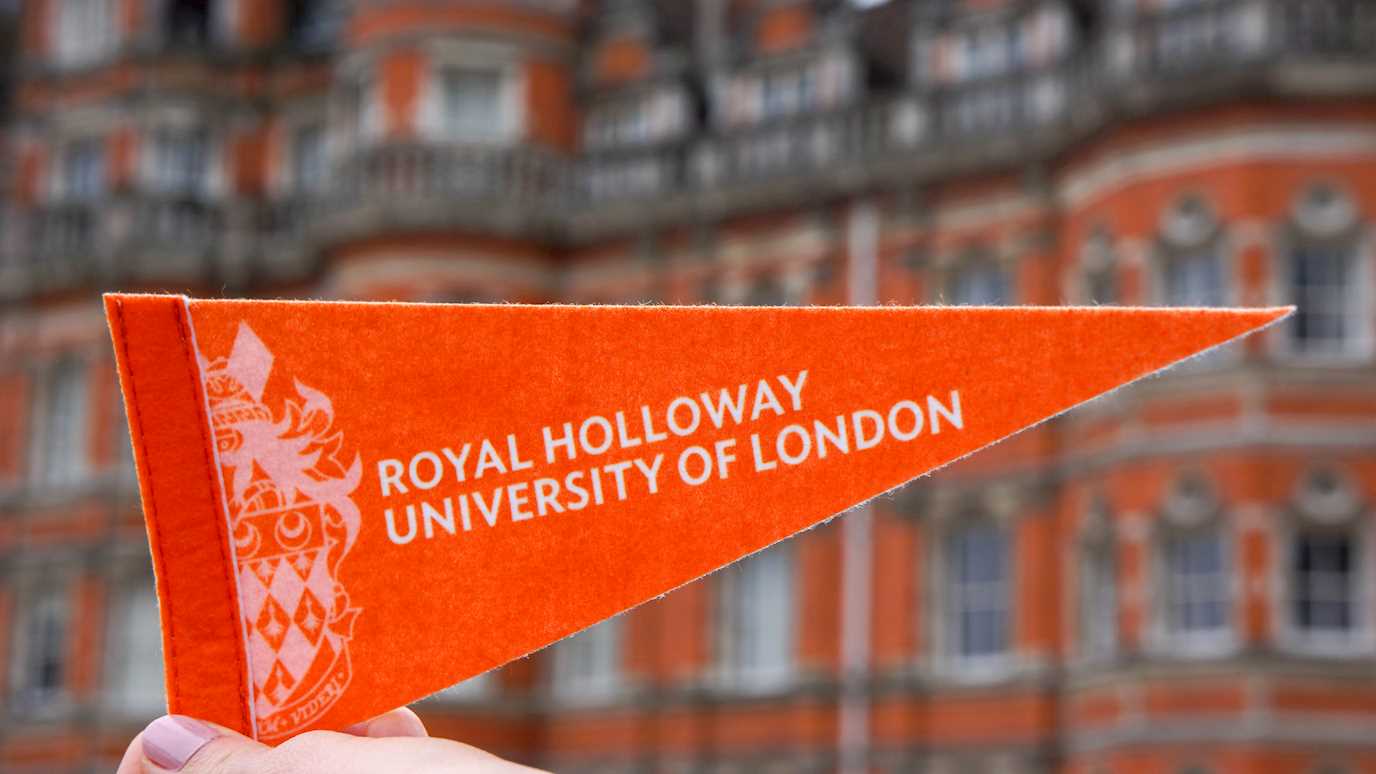A longitudinal study of more than 1100 adolescents assesses the ideologies that sustain the authority of mafia groups in society
In the territories where they operate, criminal groups such as the Mafia and the Camorra can become a source of social order alternative to the state. These groups exert political power, managing relationships and exchanges within the community and imposing norms. What are the bases of these groups' authority? Why do people acquiesce, sometimes even accept, criminal groups' exercise of political power?
The authority of criminal groups cannot exclusively be grounded in fear and coercion. Political authority functions effectively only when it is underpinned by legitimacy. However, it is unlikely that the ideological and normative frameworks that sustain the legitimacy of legal groups can also bolster the power of criminal ones. For instance, different from state institutions, criminal groups' authority cannot satisfy citizens' needs to live in a just and orderly world. Unlike the police, criminal groups cannot ground their power in the perception they adhere to the rule of law.
In a theoretical article, we discussed the mechanisms through which power-holders acting outside legal channels can gain authority. We proposed a new "Intra-Cultural Appropriation Theory" (ICAT). ICAT posits that power-holders establish legitimacy by "appropriating" cultural values cherished within the community. Power-holders portray themselves as the embodiment of shared values, thus gaining people's respect and admiration. Moreover, according to ICAT, power-holders have a strategic interest in reinforcing the perceived public importance of the values sustaining their authority. ICAT's main theoretical mechanisms are summarised in the figure below.

In the context of criminal groups, some of the most crucial values are masculinity and honour. Members of criminal groups engage in discourses and practices aimed at projecting the image of masculinity. They carefully defend their reputation from offences and call themselves "Men of Honor". On these bases, we hypothesised that individuals who endorse values of masculine honour would also be more likely to display legitimising attitudes towards criminal groups.
We investigated this hypothesis in a longitudinal study of more than 1100 adolescents in Southern Italy. We focussed on adolescents because this is a critical stage for the development of attitudes towards authorities. Adolescents often reject the established social order to enhance their reputation in the eyes of their peers. They may be particularly prone to embrace the alternative social order offered by criminal groups, with substantial negative implications for the community and themselves.
In our study, we surveyed adolescents three times over the course of a year. We measured adolescents' cultural values of masculine honor and their attitudes towards the criminal group "Camorra". Moreover, we also measured adolescents' acceptance of inequality to rule out the alternative explanation that their views would be driven by the generic approval of dominant groups in society. The findings revealed that adolescents who reported stronger endorsement of honour were also more likely to report more positive views of the Camorra later on in time. Interestingly, more positive attitudes towards the Camorra were prospectively linked to stronger endorsement of honour values. This latter result suggests that more positive views of criminal groups may strengthen the relevance of masculine honor values in the community. There were no effects of adolescents' generic acceptance of inequality, highlighting the importance of specific ideologies of masculinity in driving attitudes towards criminal groups.

Overall, the results provided initial evidence for ICAT. The endorsement of masculine honor values may constitute the ideological framework that sustains the legitimacy of criminal groups' authority. Moreover, it is in the interest of criminal groups to spread and boost the values upon which their power is based.
The article is part of the "Secret Power" project, a research project aimed at re-conceptualising and empirically assessing the psychological bases of criminal power.
The research is published in the European Journal of Social Psychology:
Travaglino, G. A., Friehs, M.-T., Kotzur, P. F., & Abrams, D. (2022). Investigating the social embeddedness of criminal groups: Longitudinal associations between masculine honour and legitimizing attitudes towards the Camorra. European Journal of Social Psychology, 00, 1– 11. https://doi.org/10.1002/ejsp.2926
Other Relevant Articles:
Travaglino, G. A., & Abrams, D. (2019). How criminal organisations exert secret power over communities: An intracultural appropriation theory of cultural values and norms. European Review of Social Psychology, 30(1), 74–122. https://doi.org/10.1080/10463283.2019.1621128

























